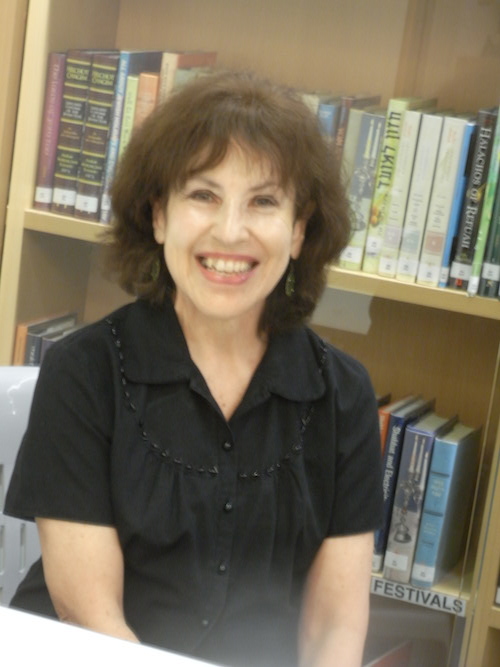Tears Tempered by Joy
21/09/2012 12:43:09 PM
| Author | |
| Date Added | |
| Automatically create summary | |
| Summary |
Whatever prayers are said, the words should be said slowly and with sincerity. A person, standing before a mortal king, would certainly not mumble his petition, how much more so in the presence of the King of kings. It is far better to say a little with intent, than much without intent.
Thu, 19 June 2025
23 Sivan 5785
Contact Us:
Today's Calendar
| Shacharis : 6:30am |
: 9:28am |
: 4:55pm |
: 5:21pm |
This week's Torah portion is Parshas Sh'lach
Candle Lighting
| Friday, Jun 20, 4:36pm |
Havdalah
| Motzei Shabbos, Jun 21, 5:35pm |
Shabbos Mevarchim
| Shabbos, Jun 21 |
Full Calendar Here
Happy Jewish Birthday!
Thursday 23 Sivan
- Hadassa Kaplan
- Raphael Grossman
- Tova Racheli Ray
Friday 24 Sivan
- Benjamin Weiss
Saturday 25 Sivan
- Batya Lepar
- Max Nightingale
- Neta Rothman
We wish "Long Life" to:
No lifecycles today
Halachik Times
| Alos Hashachar | 5:39am |
| Earliest Tallis | 6:10am |
| Netz (Sunrise) | 6:59am |
| Latest Shema | 9:27am |
| Zman Tefillah | 10:17am |
| Chatzos (Midday) | 11:56am |
| Mincha Gedola | 12:21pm |
| Mincha Ketana | 2:50pm |
| Plag HaMincha | 3:51pm |
| Shkiah (Sunset) | 4:53pm |
| Tzais Hakochavim | 5:21pm |
| More >> | |
South Head Catering

South Head Catering is well and truly on the map! What began as a small initiative to provide a little variety and some new options by the South Head Ladies Guild has turned into a highly successful venture with people absolutely raving about the service and products on offer.
Want to know more? Want to help out and volunteer? Visit our Catering page.
Mikvah Aziza
Mikvah Aziza at 662 Old South Head Road, Rose Bay has re-opened.
Please click here for details:
South Head Library
 Welcome to the Sandra Bransky Library & Youth Synagogue, located on the first floor and including the Beit Midrash. Drop in any Sunday morning between 9 - 11am.
Welcome to the Sandra Bransky Library & Youth Synagogue, located on the first floor and including the Beit Midrash. Drop in any Sunday morning between 9 - 11am.
I look forward to helping you get the most out of our beautiful world of books at South Head.
Sylvia Tuback, South Head Libarian
southheadlibrary@gmail.com
SH'LACH
Rose Bay, NSW 2029
(02) 9371 7300
Privacy Settings | Privacy Policy | Member Terms
©2025 All rights reserved. Find out more about ShulCloud



